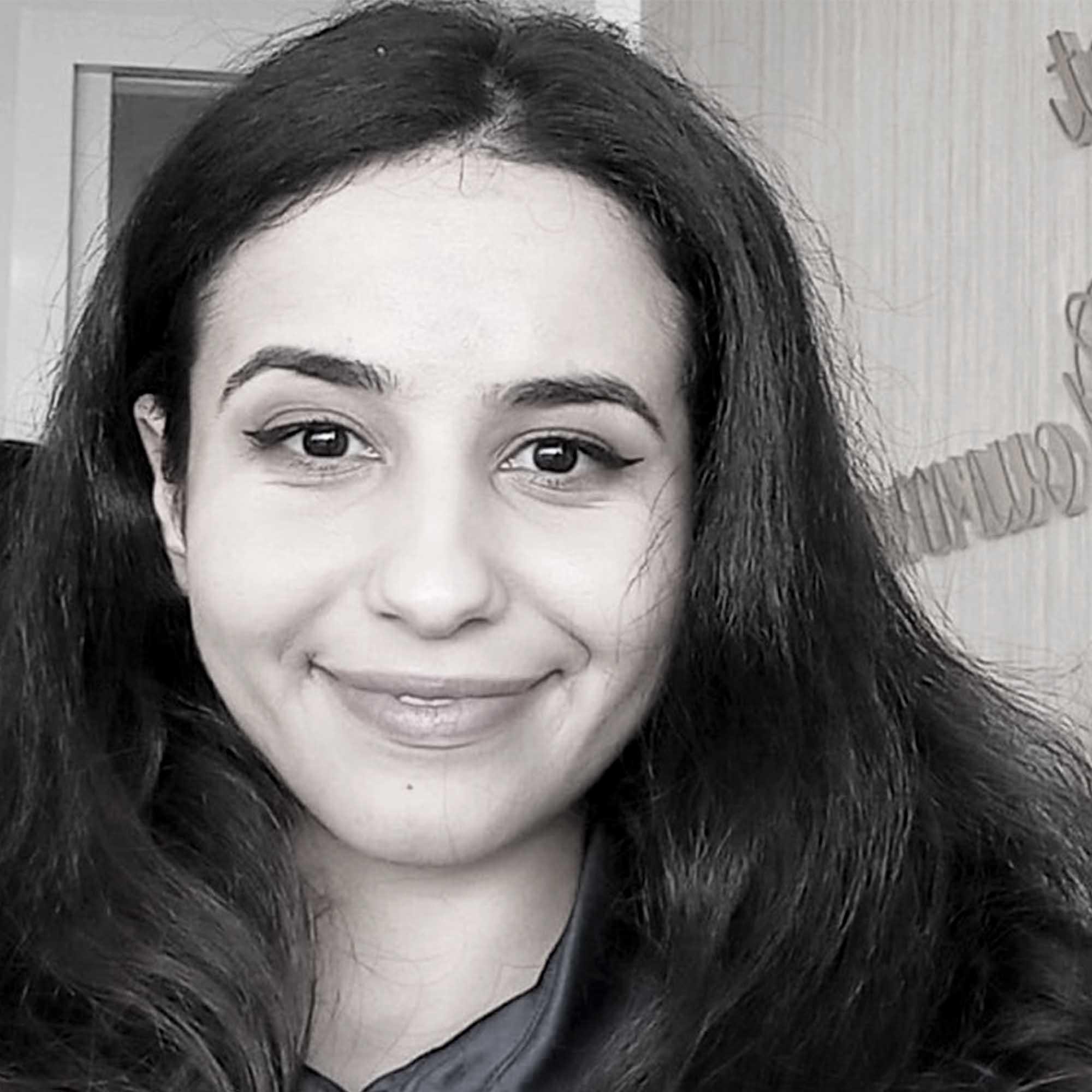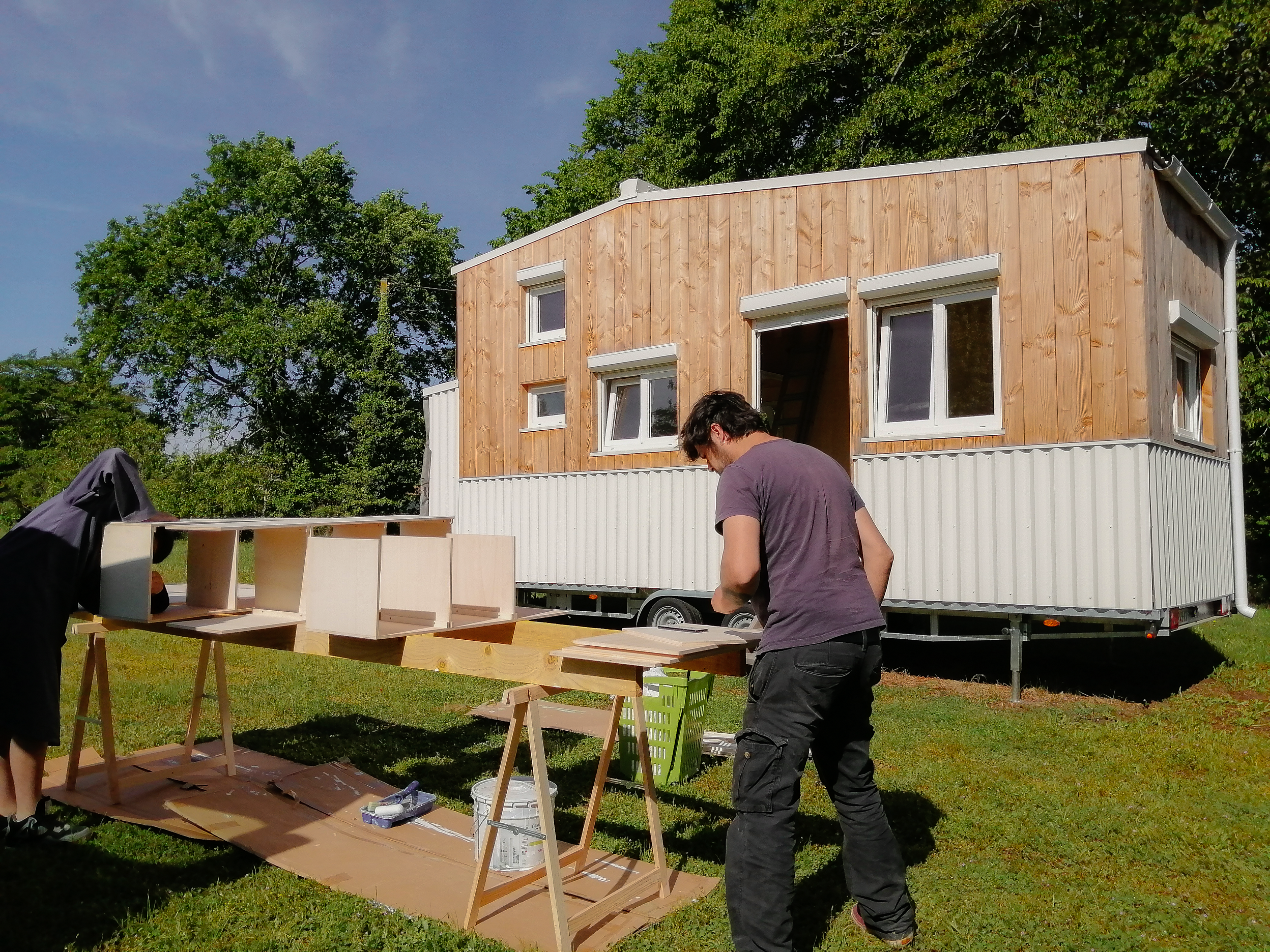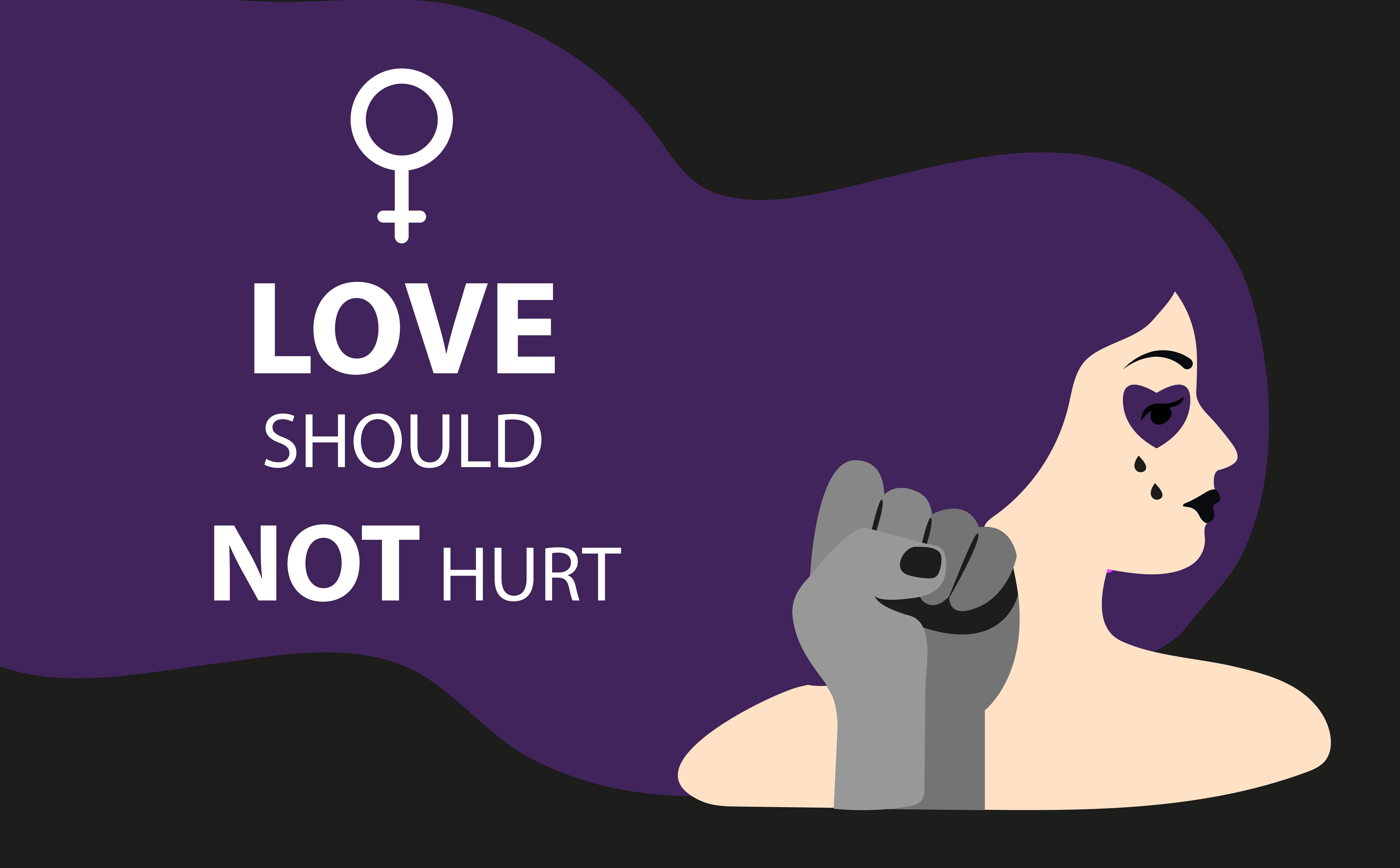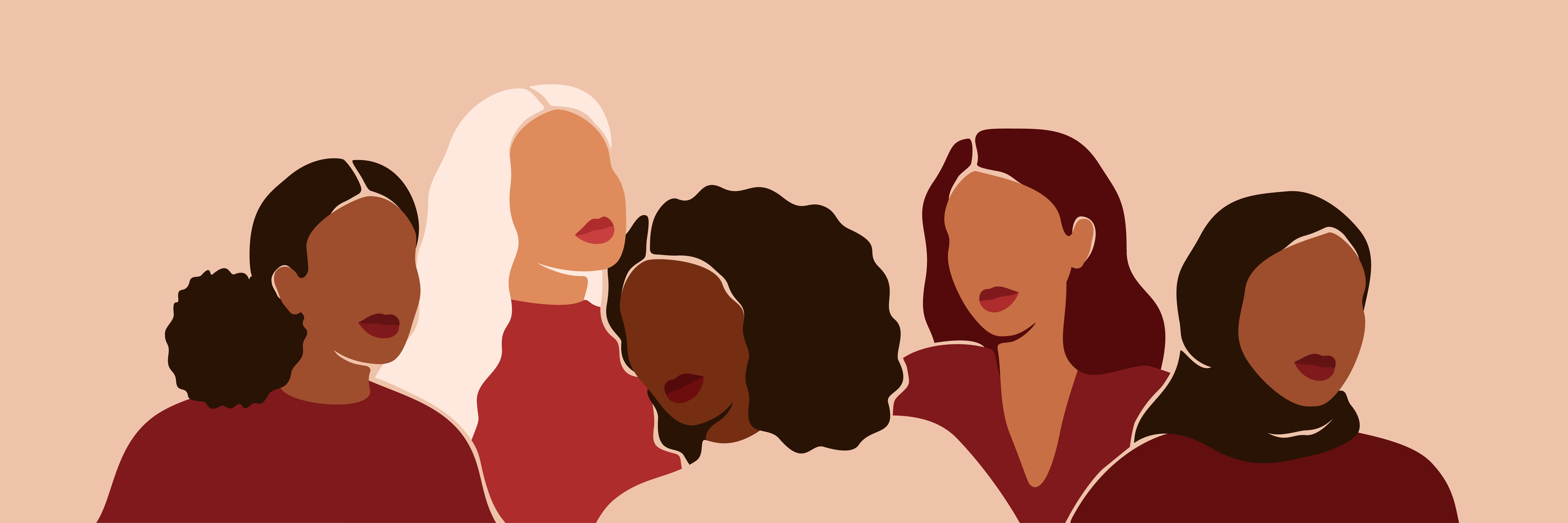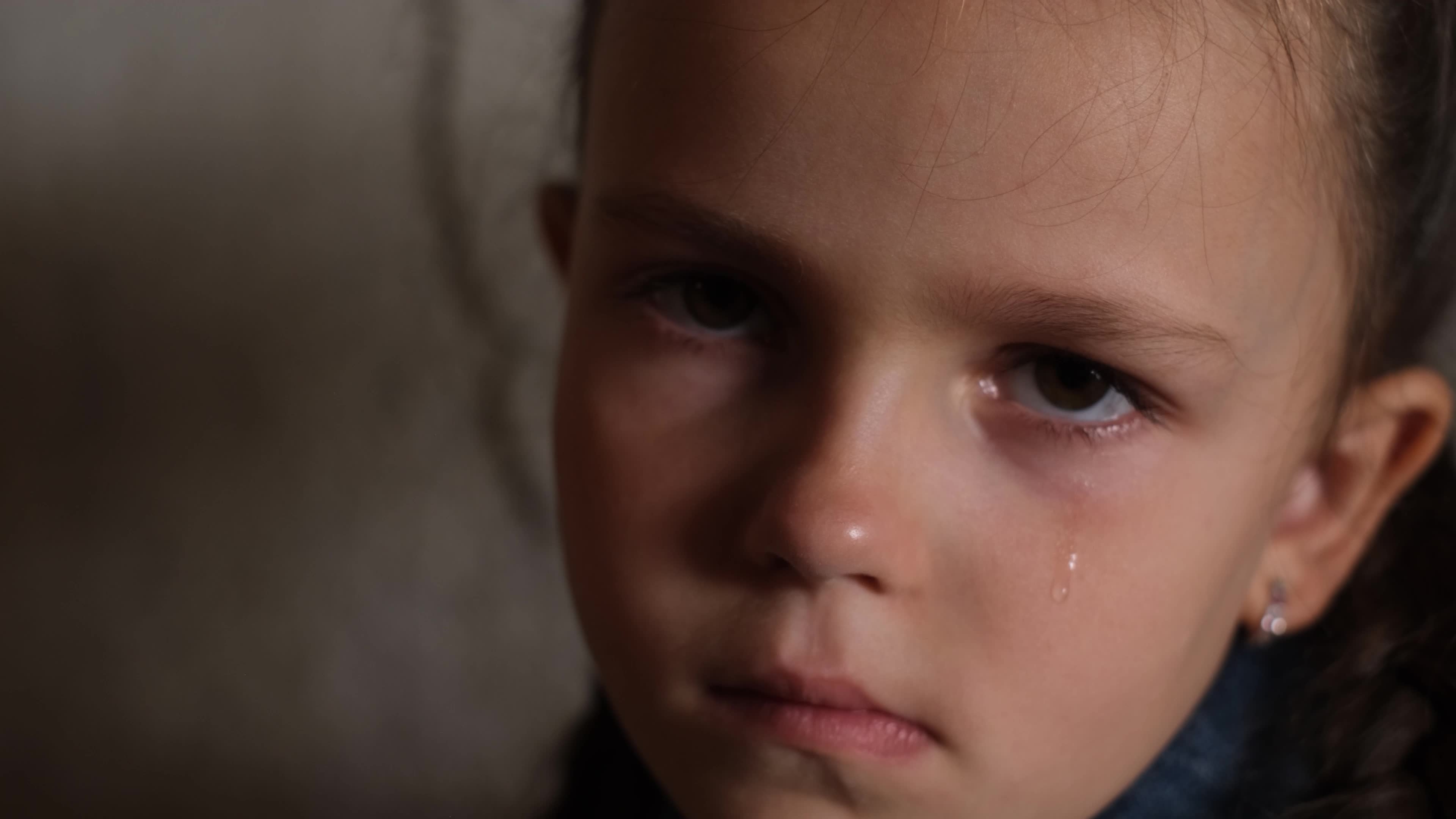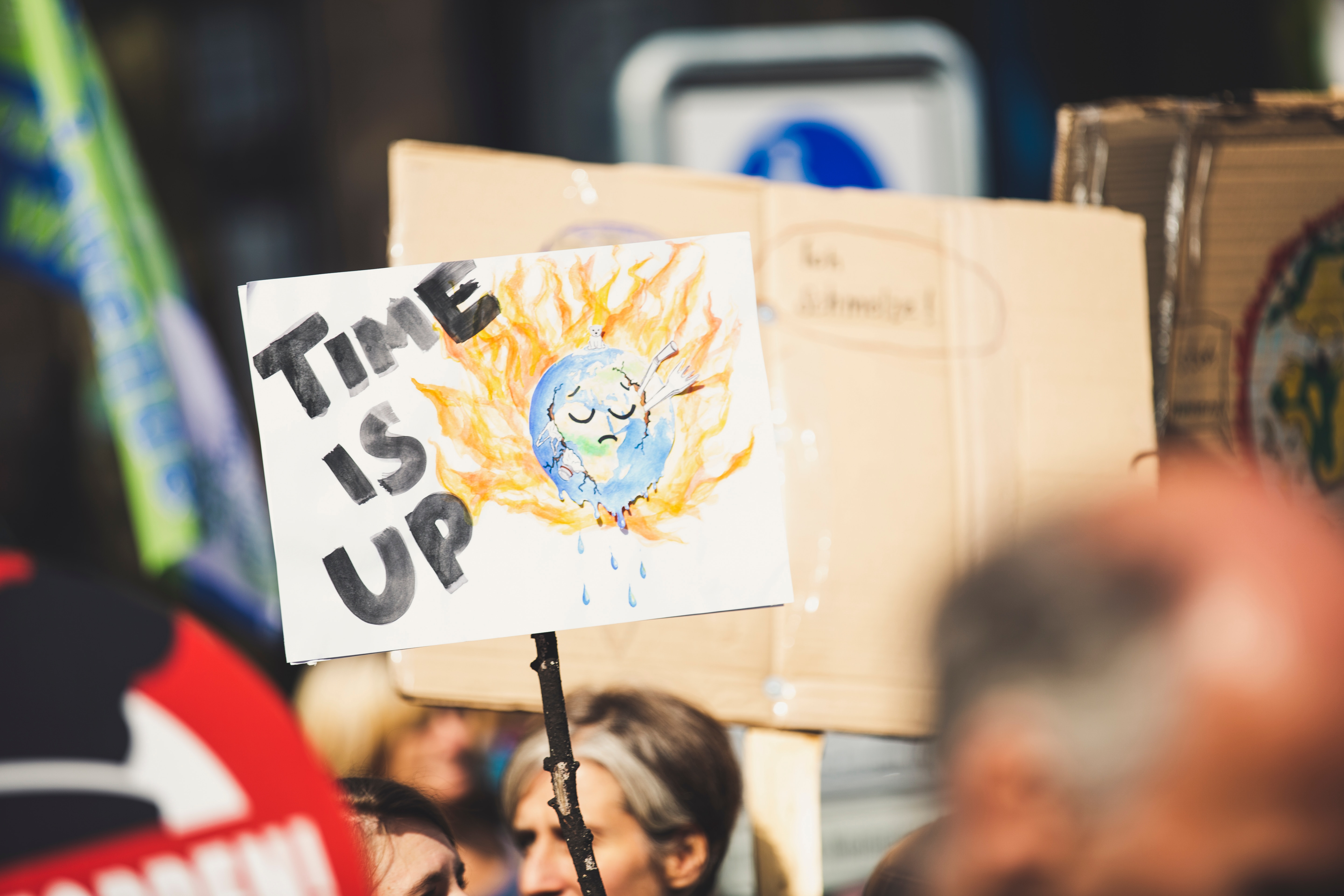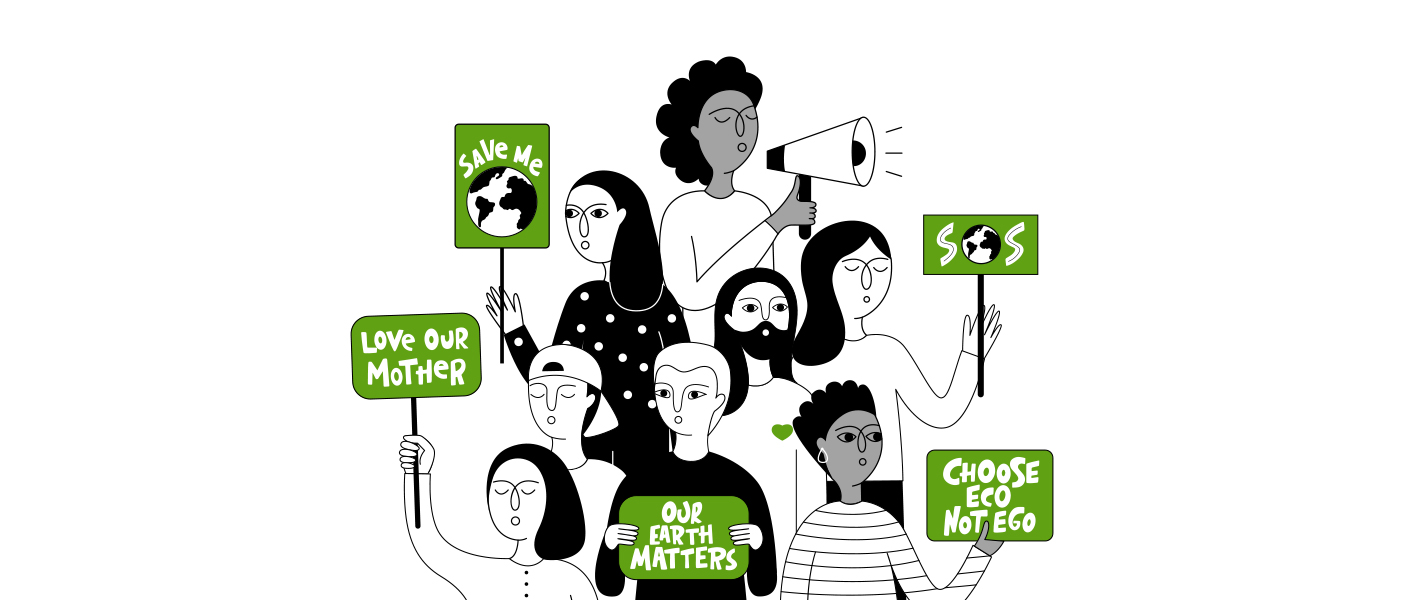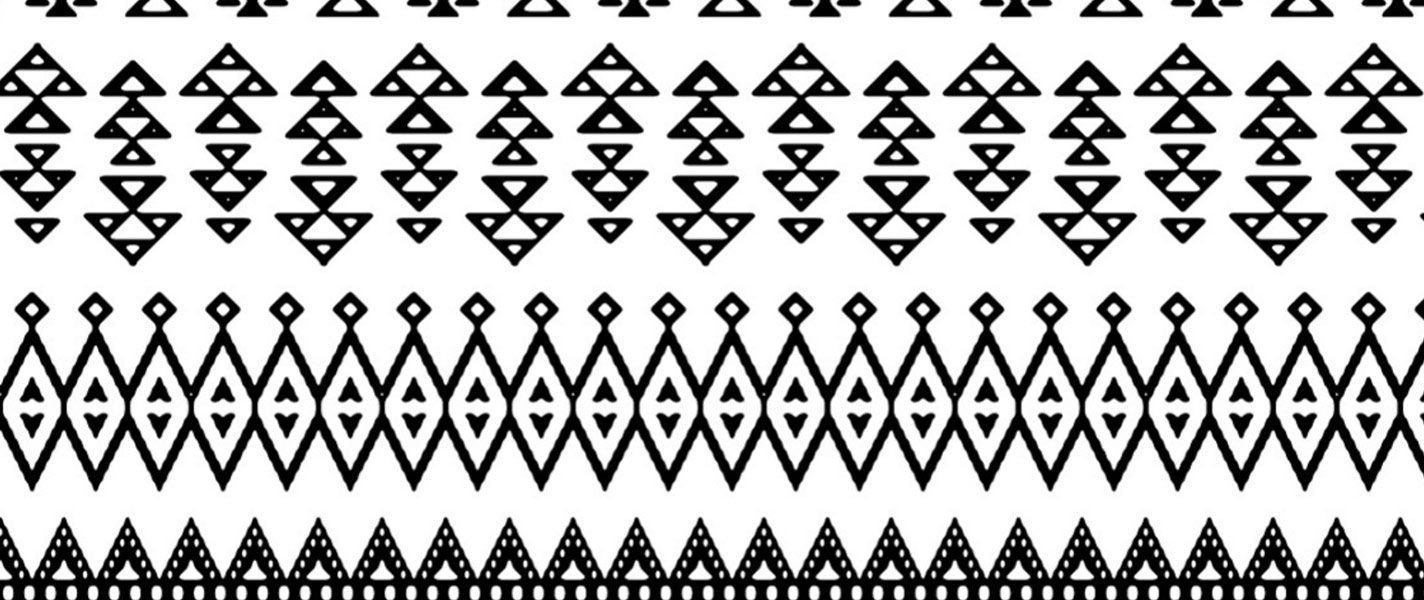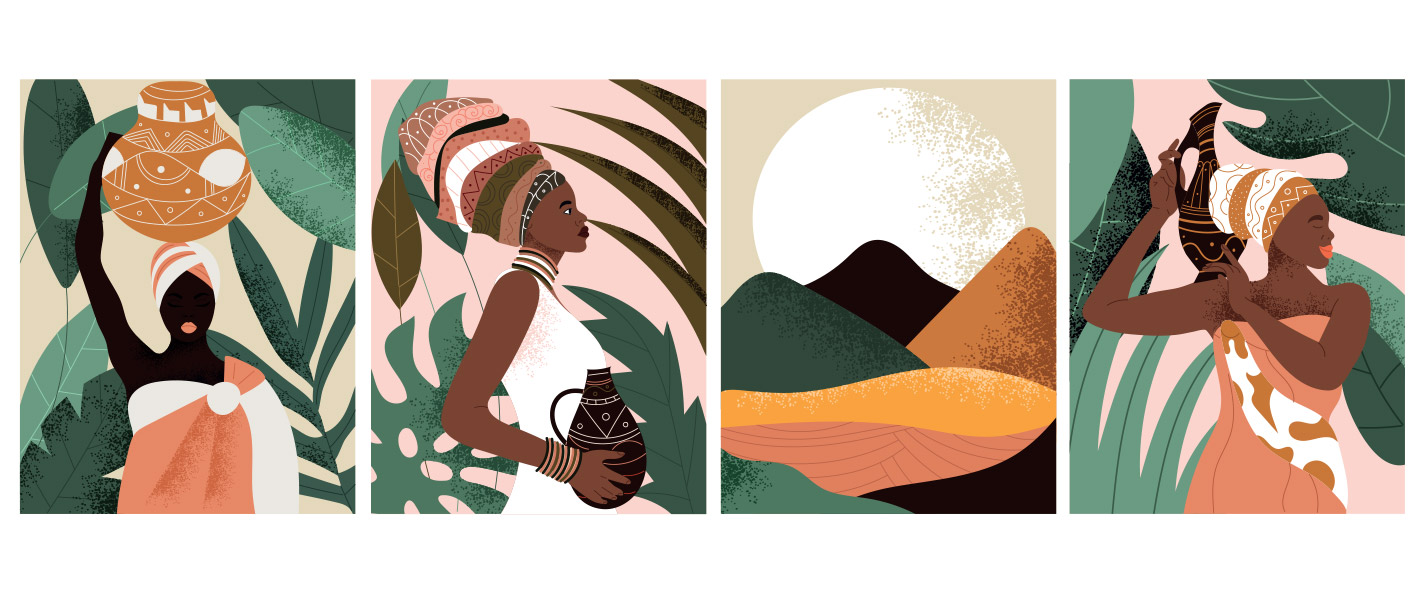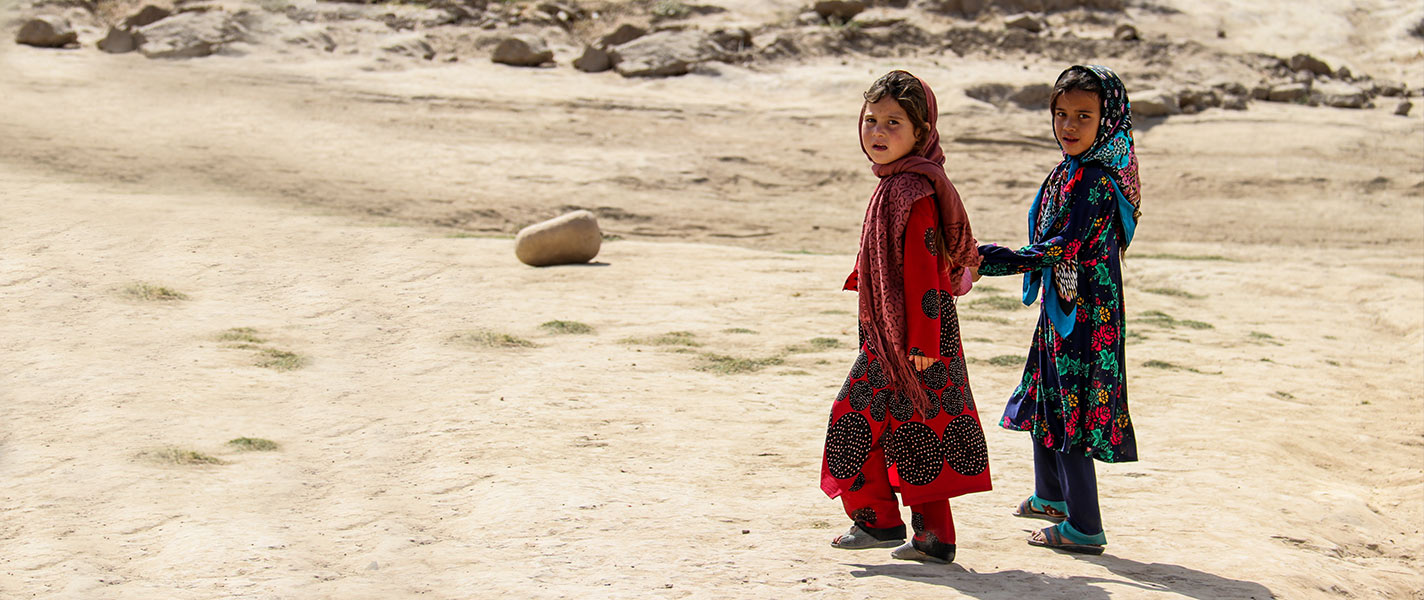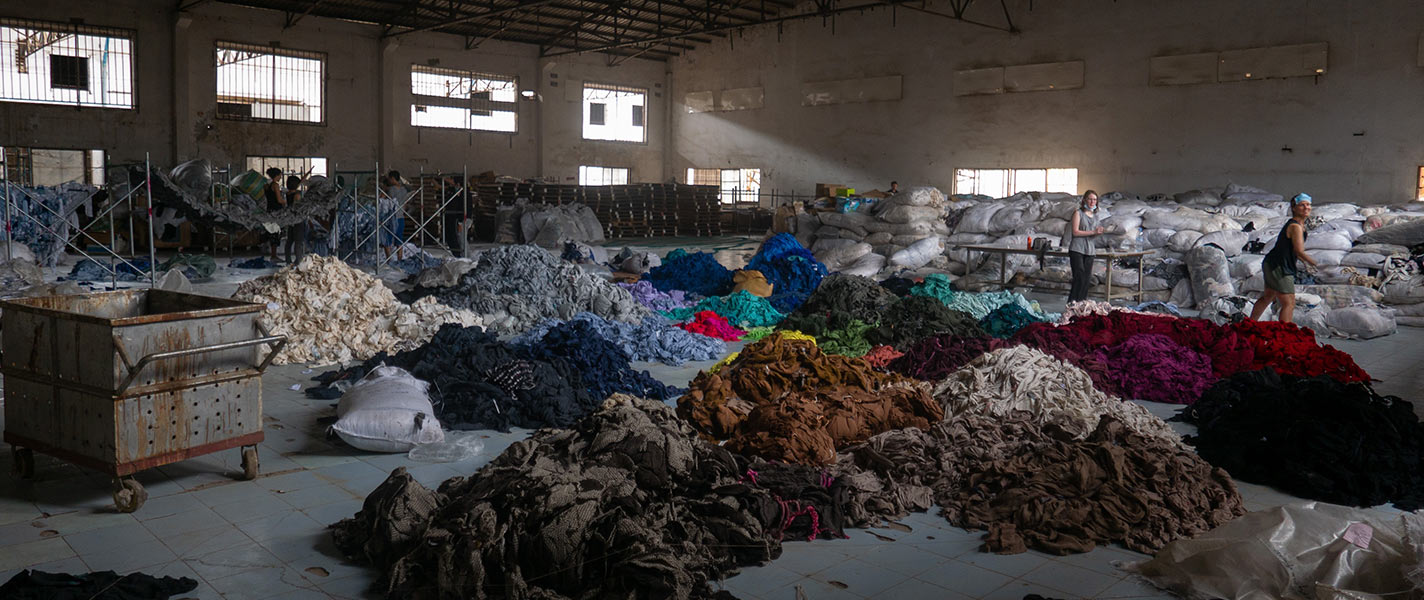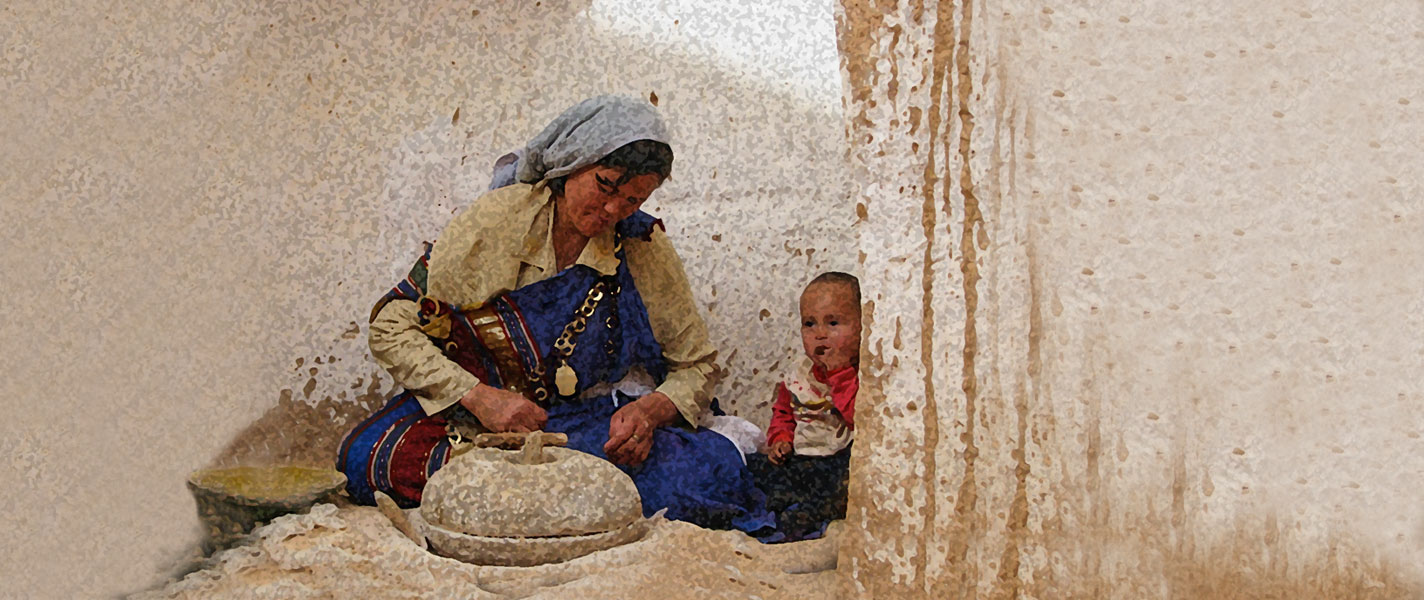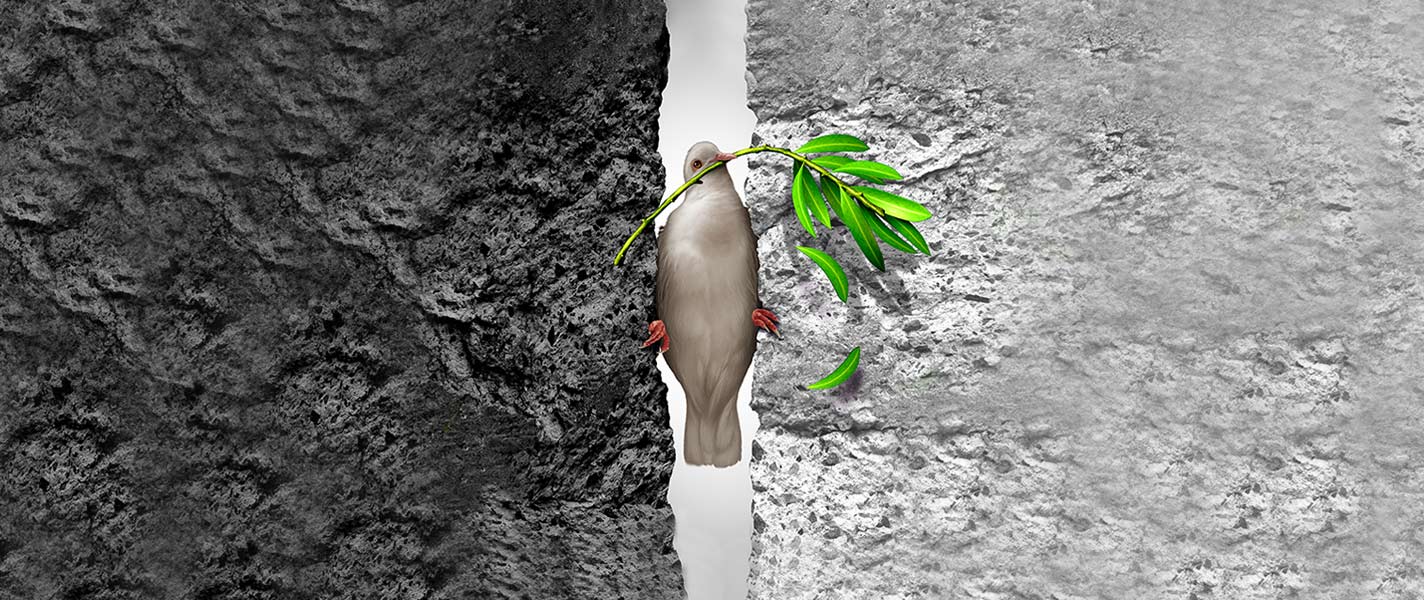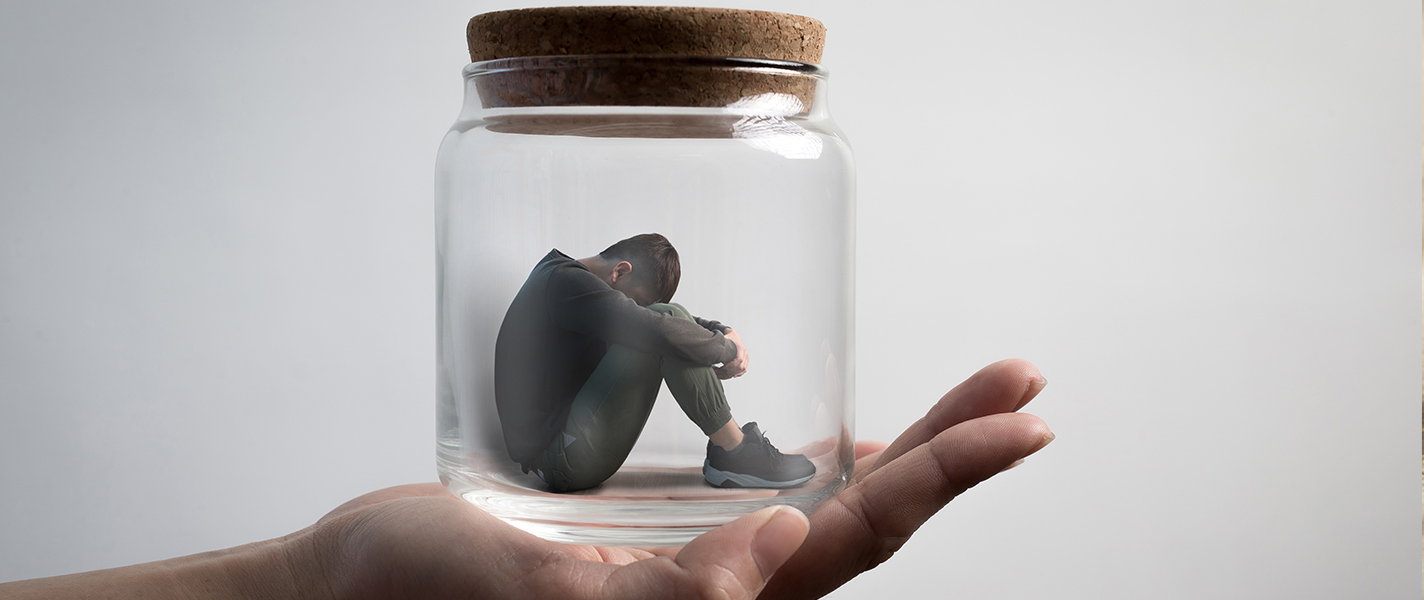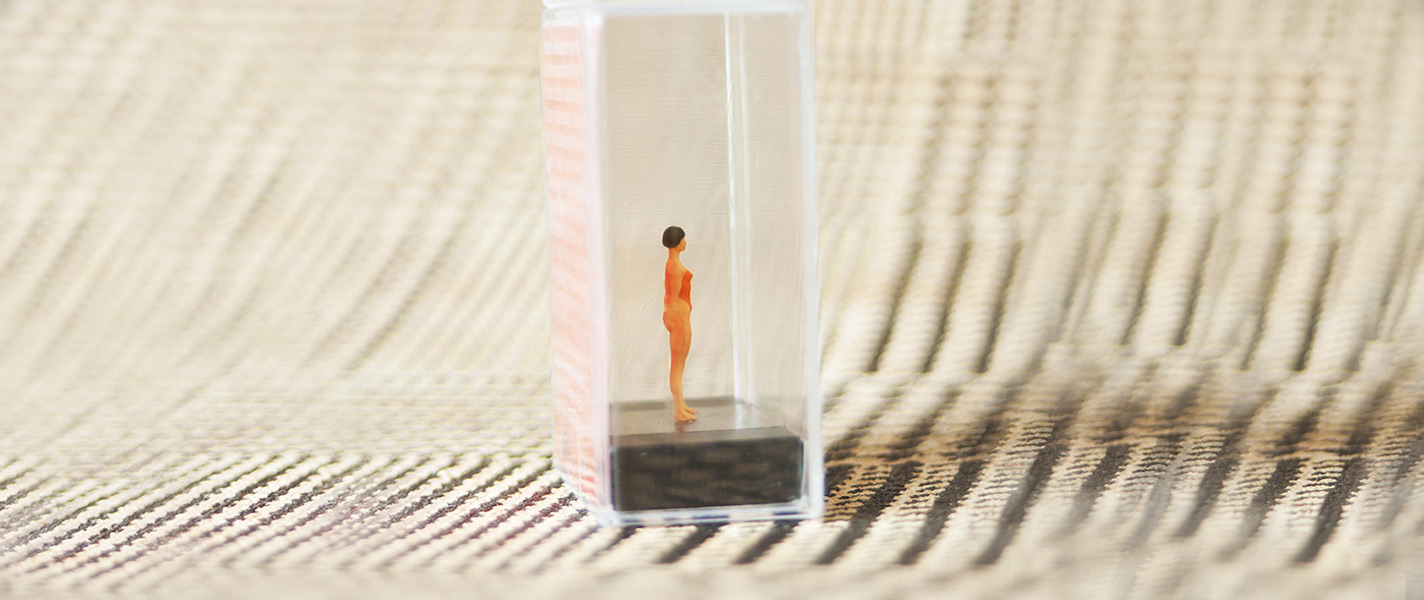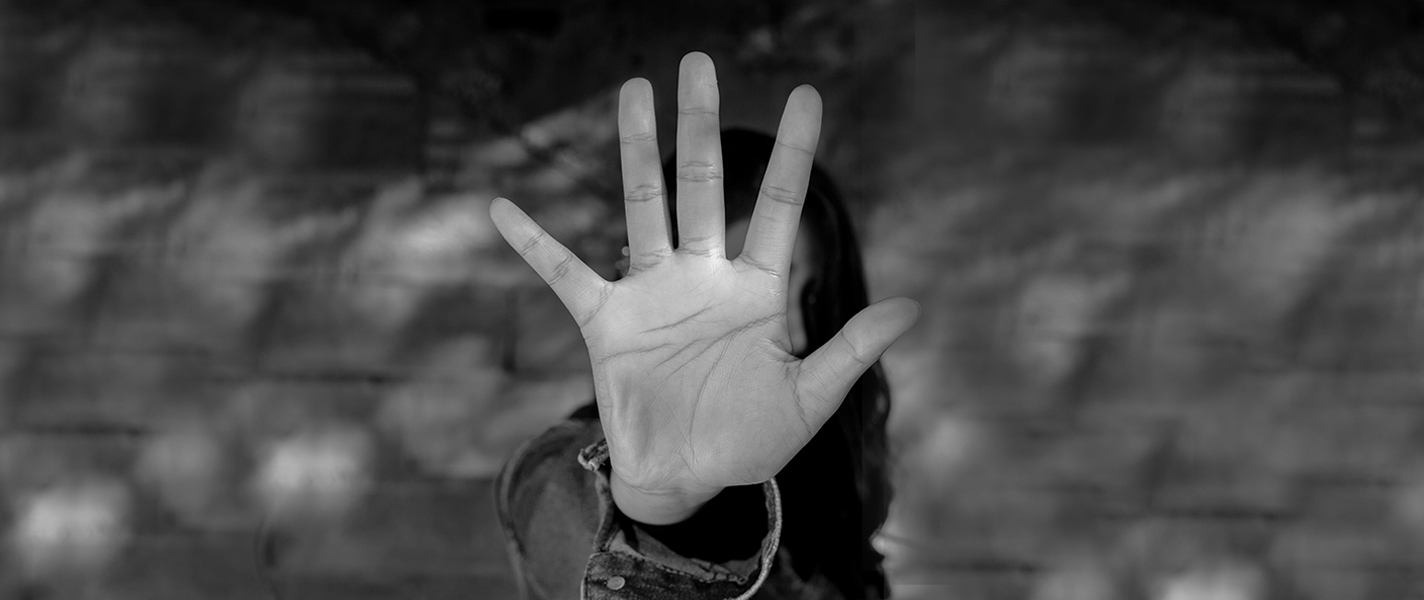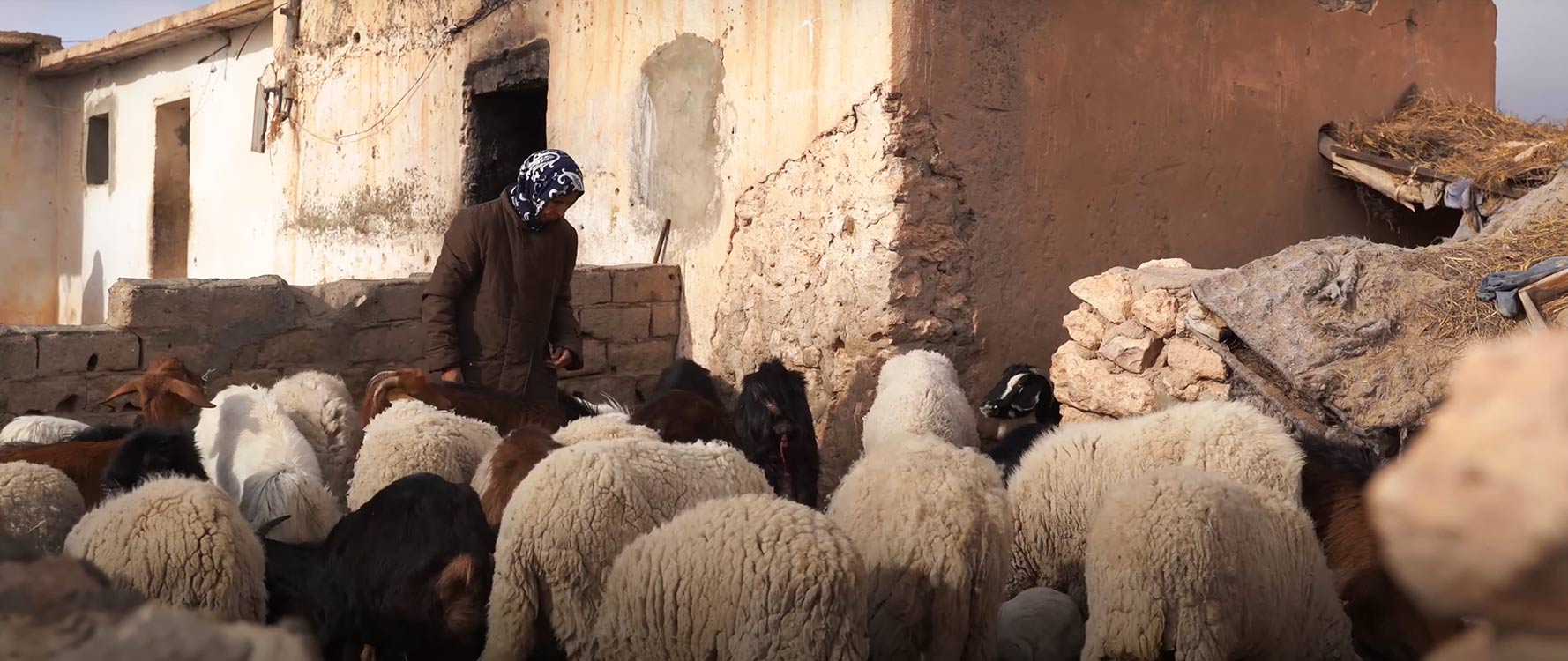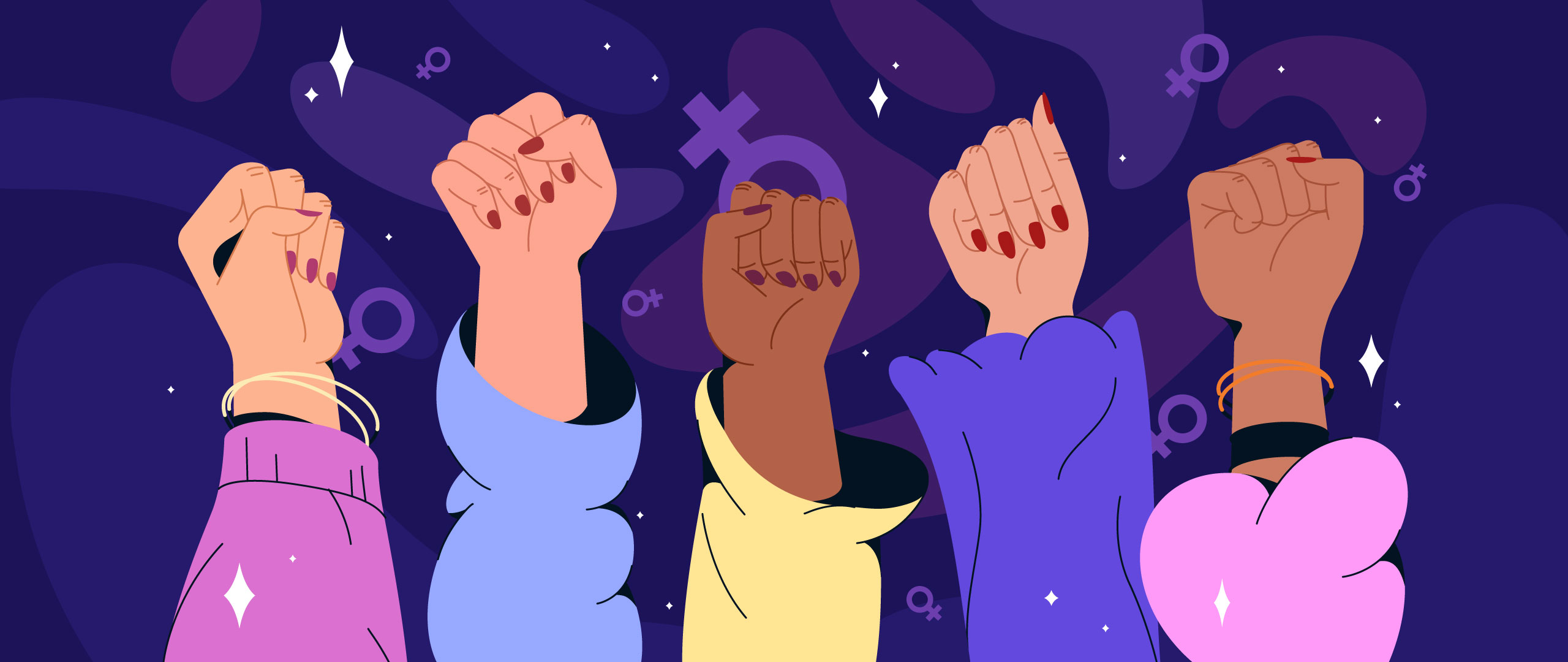Finding Ola: A Quest for Selfhood
“The power of the media to make and unmake the image of women, to hasten or retard the progress of women in society, cannot be denied or underestimated.”- Molara Ogundipe-Leslie
It has been almost a year since Finding Ola, an Egyptian TV series hit the screens. Upon its release, I heard good feedback from friends and family, which propelled me to watch it and I am glad I did. So, a few months later, it came as no surprise to me when I heard that it has been selected by the international magazine Variety in its list of the best 2022 streaming series, to eventually coming third in the Magazine’s list of the best dramas last year, making it the only Arab and Egyptian work on the list.
The hit series is produced by the Netflix platform and it consists of six episodes, following the story of Ola Abdel Sabour as she navigates her life after divorce. But what not many viewers are aware of is that the heroine’s character has previously appeared in another commercially successful tv show called Ayza Atgawez (I Want to Get Married). The latter was aired in 2010 and ended with Ola’s wedding to the last groom. Hence, coming 12 years later, the main focus is projected on the leading character’s development and her not-so-smooth identity formation journey, which is often hampered by indoctrinating Egyptian social conventions.
The storyline of rebuilding one’s life after divorce might seem to many as a repetitive and dull concept, but in Finding Ola this theme was treated overtly, optimistically, and with good humor. Not opting for a melodramatic narrative, the writers portrayed Ola as someone who found herself in an undesirable outcome and soon learns how to gain agency over her life choices. What was the most refreshing to me was the authenticity. In fact, Ola is stereotypically “saved” by no men, as she is the one in charge of her own narrative. She strips down and we see every layer of insecurity and vulnerability. We get a glimpse of what is like to be a middle-aged divorcee woman in Arab society, facing social prejudices and pressures, the guilt she feels of not doing enough, and everything in between.
Ola’s Quest Between Theory and Theatrical Techniques
From a literary point of view, Ola’s journey is the epitome of the pattern of reconstruction after deconstruction. Her divorce from Hesham, played by actor Hany Adel, represents a way to self-healing and existential rebirth. Her quest for selfhood later culminated in a spiritual recovery of her true authentic self, free from cultural dictates. This is best captured by two substantial scenes in the show. The first is when she comes out of her self-enclosed bubble and reaches out to her best friend to launch a successful business of homemade organic skin products and become an entrepreneur. Her identity merges into a blissful unity with the subjectivities of others, specifically her female entourage. Here, it is worth mentioning that the show is mainly carried out by strong independent female characters. However, the second ultimate moment of Nirvana for Ola is best captured by the show’s ending where she chose to stand alone and have a solo boat ride, with the majestic scenery of Cairo in the background.
This quest for freedom and owning one’s narrative is even translated to the choice of groundbreaking theatrical and cinematic techniques. In Finding Ola, the audience plays a salient role. By constantly making eye contact with the camera and subsequently talking directly to the viewer, Ola is almost continuously breaking the fourth wall. The concept of the fourth wall is where the three walls of the stage are complemented by a fourth, imaginary wall placed between the actors and the audience. This conceptual barrier is broken by the main character who perpetually and explicitly addresses the audience, confessing her personal and true thoughts. In this token, she connects on a more intimate level with her audience which makes it easier to get her message crossed and universal experiences shared.
To conclude, Finding Ola is a female liberating experience and equally entertaining show that touches on the contemporary stressors of an evolving high socioeconomic social class of an Egyptian family. Even though some viewers have condemned it for glamorizing and romanticizing divorce; for me, the show is more concerned with female self-reinvention, depicting an emotional journey of ups and downs through love, friendship and the discovery of one’s true potential.
The article represents the views of its writer and not that of LEED Initiative.

